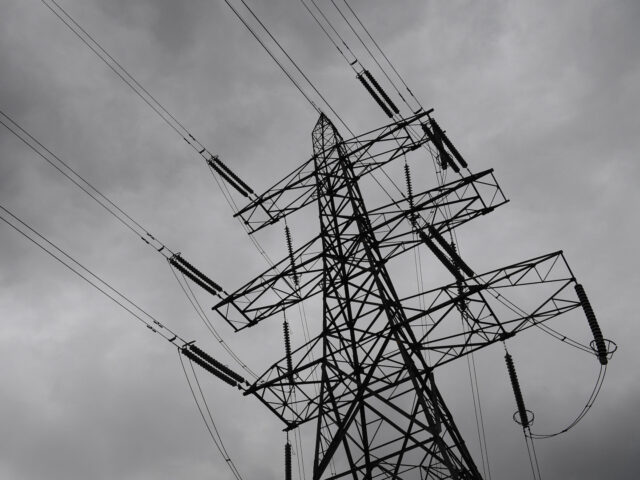Households throughout the UK are reportedly facing the prospect of days of blackouts in the winter months under an emergency rationing scheme.
In preparation for potential gas shortages during the winter months, in which imports from countries such as Norway and France are in jeopardy, the British government has allegedly laid out plans for a four-day blackout under a “reasonable worst-case scenario”.
According to a report from Bloomberg, government officials fear that the country could face a shortage of around a 17 per cent of typical demand even if emergency measures to re-open closed coal fire plants are put in place.
Therefore a plan has been put in place to cut power to households over a four-day period in January during peak demand for gas heating.
A spokesman for the Department for Business, Energy and Industrial Strategy cautioned that the plan is “not something we expect to happen.”
“Households, businesses and industry can be confident they will get the electricity and gas they need,” spokesman added.
The warning comes as Britons are facing another massive energy price hike, with the consultancy firm Cornwall Insight predicting that a typical bill could reach £4,266 by January.
These prices are governed by the so-called energy price cap, a socialist-style measure from the government that was intended on keeping bills stable. In practice, the cap has swung between extremes of bankrupting energy companies by preventing them from charging the market rate, and then shocking homeowners as the government regulator belatedly adjusts the mandated cap to catch up with reality.
The cap was set at £1,400 per year just last October.
Indeed, the cap will be raised by the Ofgem regulator in October and once again at the start of the new year in order to prevent a repeat of last year when dozens of energy suppliers went bankrupt after not being able to afford to supply energy at the locked-in rate.
Energy Crisis: State Prime Minister Declares Green Energy Transition has ‘Failed’ https://t.co/6rMUnj4KCD
— Breitbart London (@BreitbartLondon) August 2, 2022
The expected price hikes to the cap will further endanger millions of households on the brink of fuel poverty. According to The Telegraph, six million households already owe an average of £206 to their energy providers, an increase from £188 in April and a 250 per cent increase over September of last year.
In total, households in Britain owe a record £1.3 billion to energy suppliers, despite the fact that the summer months are the time in which homes typically build up credit from using less energy in preparation for the higher bills in the winter.
The troubling situation in the winter is likely to be exacerbated by the announcement from Norway on Monday that it is planning on limiting energy exports during the winter in order to prevent shortages on its domestic front.
According to Aurora Energy Research, any cuts from Norway could see Britain turn to open up strategic coal reserves to keep the National Grid running at pace.
Germany, which like Britain has pursued a left-wing green agenda of wind and solar, instead of more reliable forms of energy like fracking and nuclear, and therefore was reliant on Russia for much of its energy, has already been forced to reopen coal fired power plants in light of supply cuts from Moscow.
Signalling a potential shift away from the green politics of Prime Minister Boris Johnson, the frontrunner in the race to replace him as the leader of the Conservative party, Foreign Secretary Liz Truss has said that she would reverse the Johnson-era moratorium on Fracking. Her opponent in the race, former Chancellor Rishi Sunak has also backed the idea of a return to fracking.
Energy Rationing 'Inevitable' Under Boris Johnson's Green Agenda, Warns Lord Frost https://t.co/ZWvWPs1lai
— Breitbart London (@BreitbartLondon) July 3, 2022
Follow Kurt Zindulka on Twitter here @KurtZindulka

COMMENTS
Please let us know if you're having issues with commenting.